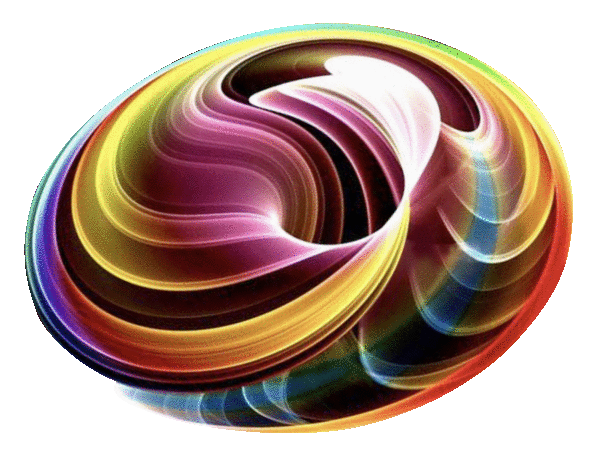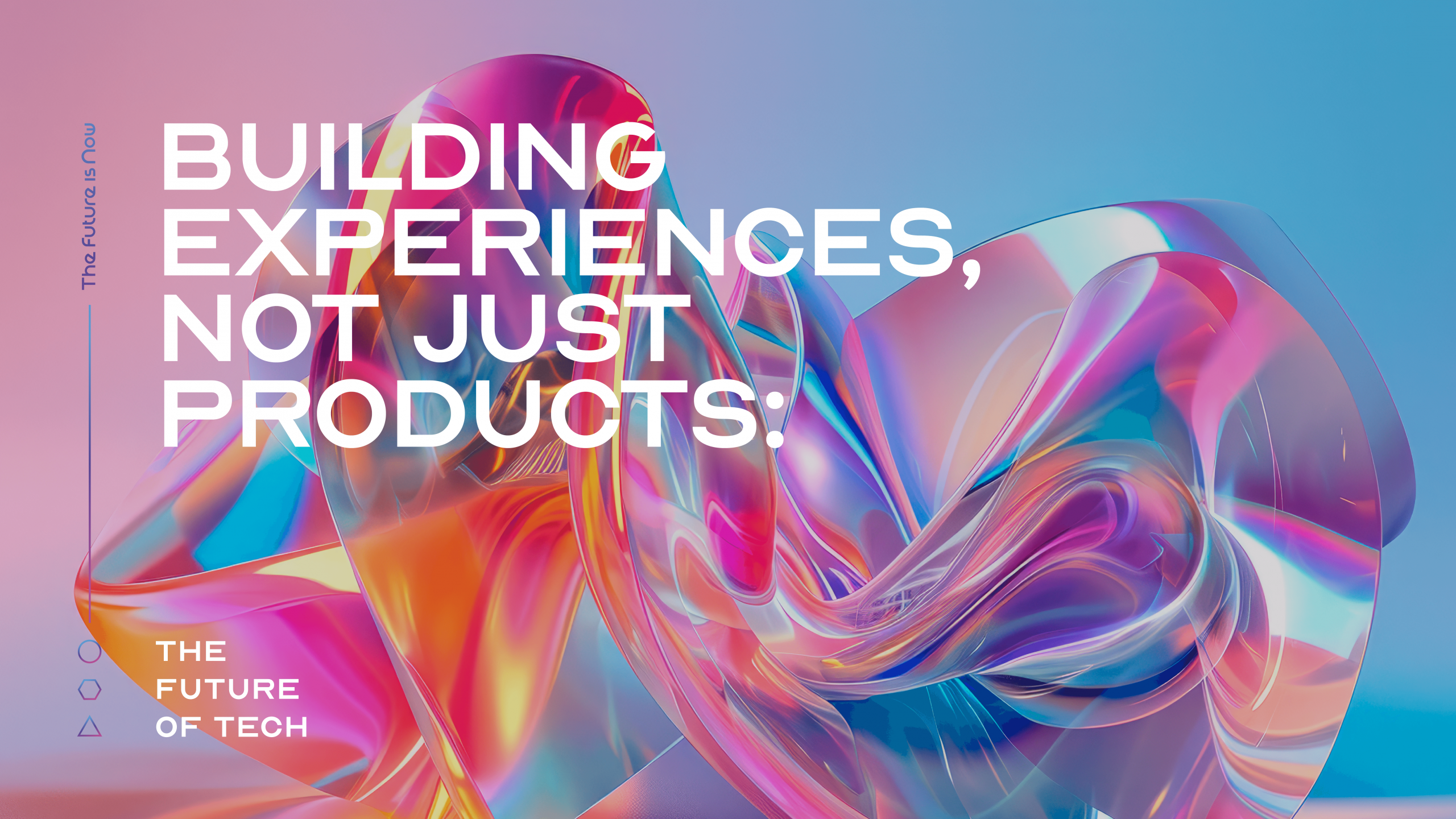
Building Experiences, Not Just Products: The Future of Tech
In an era saturated with digital tools, software updates, and feature-packed platforms, the most successful tech companies aren’t just shipping products — they’re curating experiences. The difference is subtle but critical: products solve problems, while experiences build connections, loyalty, and meaning.
As we look toward the next wave of technological evolution, the defining question for companies is no longer “What does your product do?” but “How does it make people feel?”
Why Experience is the New Differentiator
In today’s hypercompetitive market, functionality is table stakes. Two apps may offer identical features, but the one that delivers a smoother, more intuitive, more emotionally resonant user journey will win every time. It’s why design-led companies like Apple, Notion, and Airbnb continue to lead in customer satisfaction and brand loyalty.
Users expect more than efficiency — they expect elegance, emotion, and engagement. That’s what defines a modern experience.
From MVP to MVE: The Rise of the Minimum Viable Experience
We’re moving beyond the MVP (Minimum Viable Product) era into the age of the MVE — Minimum Viable Experience. That means companies need to consider emotional design, onboarding delight, seamless feedback loops, and even subtle micro-interactions as part of their core value offering.
Functionality gets you in the game; experience keeps you there.
Emerging Technologies Make Experience Central
Technologies like AI, XR, and voice interfaces are pushing us further into experience-first territory. Consider:
- AI that predicts your intent, not just responds to input
- AR/VR tools that integrate physical and digital seamlessly
- Voice that interacts with empathy and tone, not just keywords
The future of tech lies not in devices or software, but in crafting holistic ecosystems of engagement that feel natural, human, and personal.
Metrics Are Shifting: From Usage to Emotion
Old metrics like time-on-app or daily active users are being replaced by more nuanced signals: customer sentiment, NPS, emotional engagement, and retention through delight. Teams now ask:
- Does our product feel good to use?
- Are we reducing cognitive load or creating it?
- Are we building loyalty or just logging clicks?
This marks a cultural shift as much as a technical one.
Building for the Human, Not Just the User
At its core, experiential tech centers around empathy. It demands that we build not just for “users,” but for real, complex humans navigating chaotic, digital-heavy lives. That means designing for accessibility, inclusion, emotion, and flexibility, not just efficiency and speed.
Experience Is the Future of Innovation
The most forward-thinking tech companies are investing in experience as a primary driver of growth and differentiation. Whether you’re building the next productivity app, AI assistant, or digital workspace, the future isn’t just in what you build, but in how people experience it.
Because in tomorrow’s tech landscape, experiences scale. Products don’t.
Apply for the World Future Awards today to stay ahead of the game: https://worldfutureawards.com/apply-now/
MORE NEWS
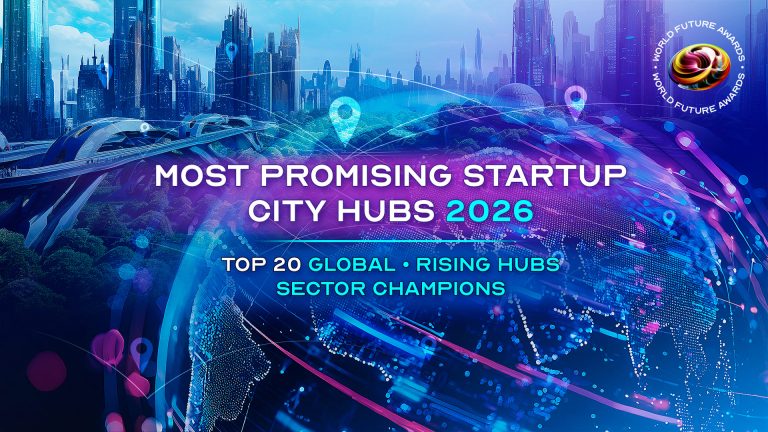
Most Promising Startup City Hubs 2026
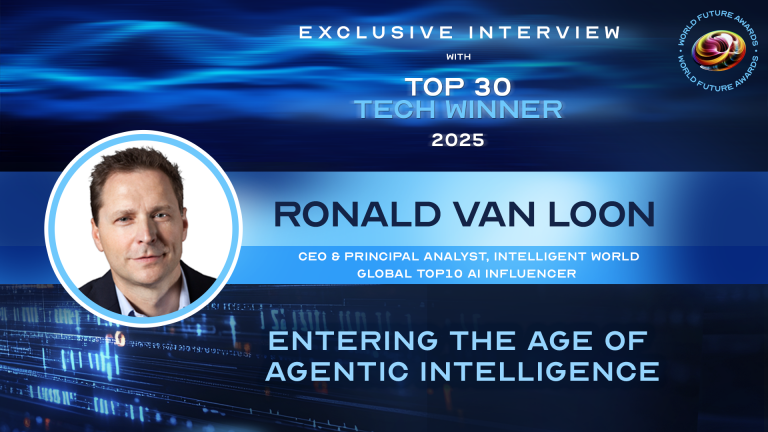
World Future Awards Exclusive: Interview with Ronald van Loon — Top 30 Tech Voices 2025
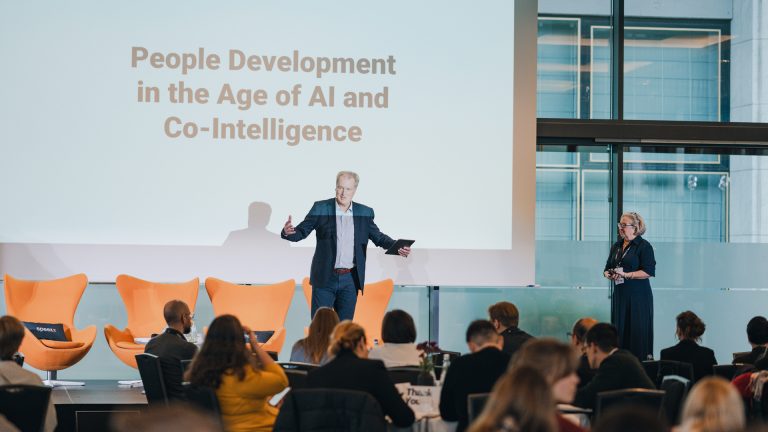
Defining the Next Era of People Development

Speexx Awarded for Global Workforce Development Innovation
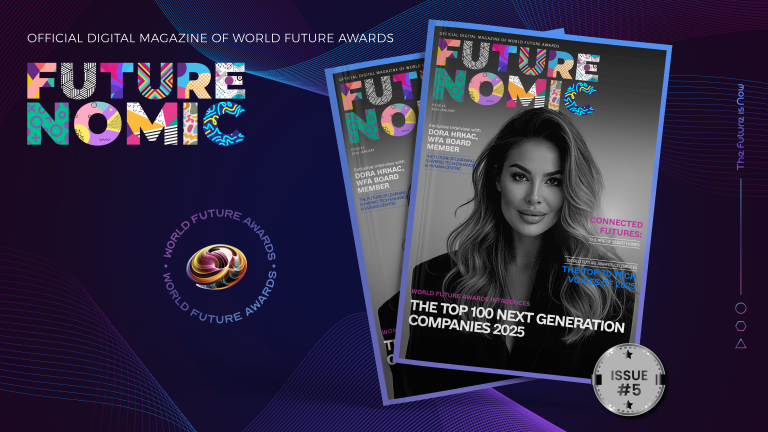
World Future Awards Releases Futurenomics Digital Issue #5
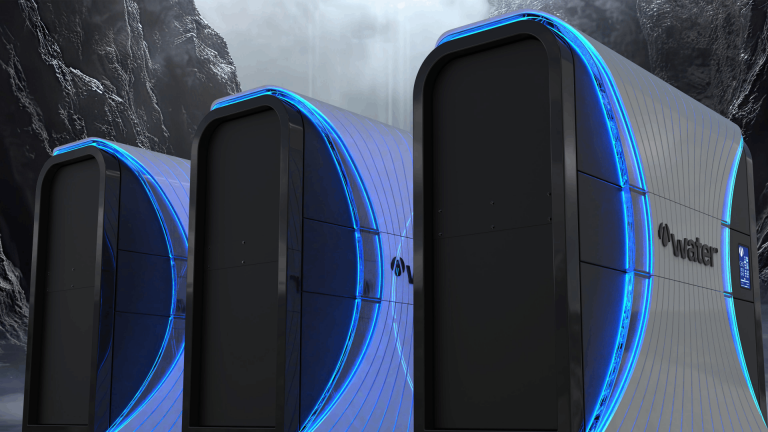
VVater Named One of World Future Awards’ Top 100 Next Generation Companies for 2025
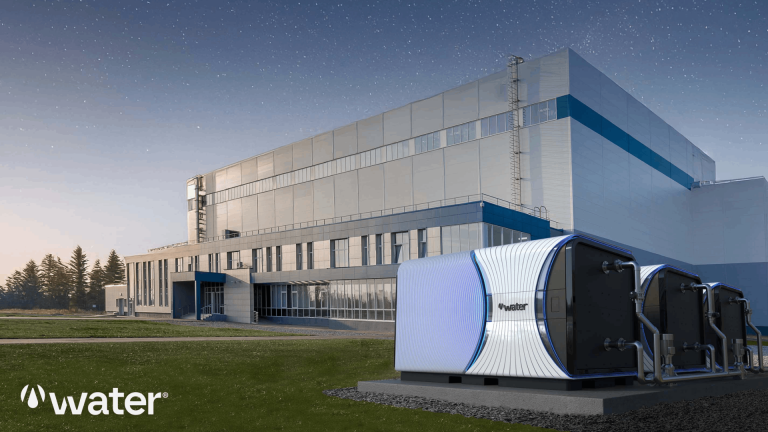
VVater – Pioneering the Future of Water Technology
NEWSLETTER
Sign up to learn more about our project and to stay up to date.
